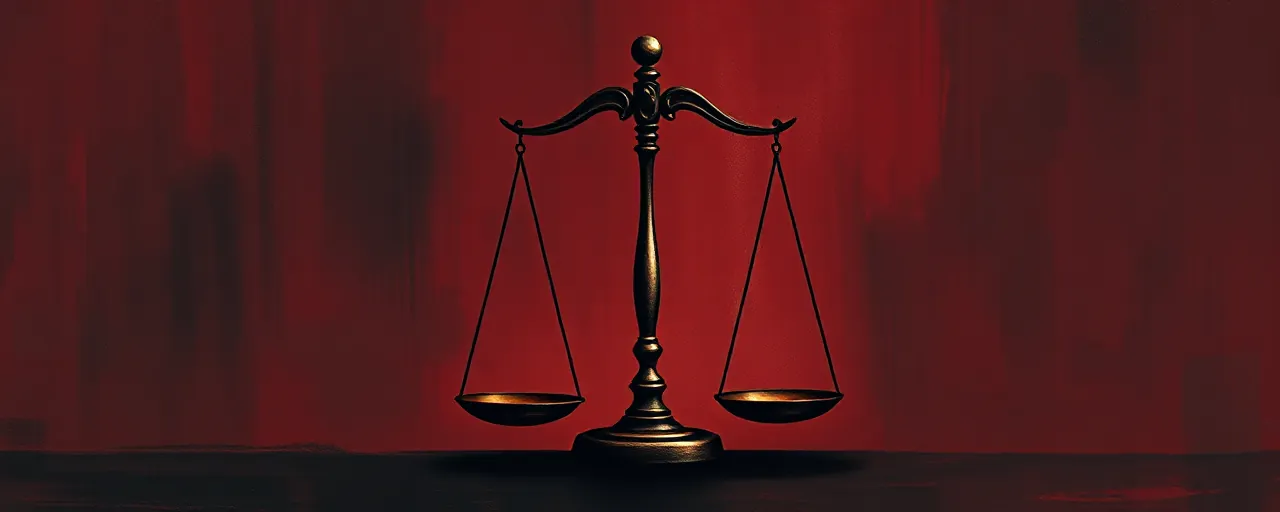A Bold Move From the White House
President Donald Trump signed an executive order on March 27, 2025, targeting Wilmer Cutler Pickering Hale and Dorr LLP, a prominent law firm better known as WilmerHale. The directive accuses the firm of undermining justice and national interests through partisan legal work and discriminatory practices. It’s a striking step, one that pulls no punches, aiming to cut the firm off from federal contracts, security clearances, and government resources. For everyday Americans, this could ripple through the legal world and beyond, touching jobs, courtrooms, and even the way elections are run.
The order lands at a time when trust in institutions feels razor-thin. With agencies now tasked to review and potentially terminate ties with WilmerHale within 30 days, the administration frames this as a defense of fairness and security. But it’s not just about one firm. This move signals a broader push to reshape how the government deals with private players it sees as out of step with its goals. For readers wondering what’s at stake, it’s a mix of principle and practicality, jobs and justice hanging in the balance.
Unpacking the Charges
At the heart of the order lies a laundry list of grievances. The White House claims WilmerHale has taken on cases that prop up political agendas, like pushing for race-based policies or shielding illegal immigration tied to crime and drug trafficking. It also accuses the firm of backing efforts that weaken election integrity, pointing to support for noncitizen voting as a red line. Then there’s the internal angle: allegations that WilmerHale itself discriminates against employees based on race, using targets that clash with civil rights laws.
The order doesn’t stop there. It singles out the firm’s hiring of Robert Mueller, the former special counsel who led the 2016 election interference probe, along with his aides Aaron Zebley and James Quarles. To the administration, Mueller’s investigation was a partisan hit job that disrupted Trump’s first term, and WilmerHale’s embrace of him proves its bias. Critics of the order, though, see this as settling old scores, arguing it risks tainting legitimate legal work with political brushstrokes.
The Bigger Picture: Contracts and Power
This isn’t the first time Trump has used executive power to steer federal spending. Recent reforms have leaned on fixed-price contracts to save taxpayer dollars, while other orders have axed deals with groups tied to diversity initiatives or environmental causes. Now, WilmerHale faces a similar fate, with agencies directed to ditch contracts if legally feasible. Historical data backs up the clout of such moves; lobbying for government contracts is a multibillion-dollar game, and political shifts often redraw the winners’ circle.
Yet the push has its skeptics. Legal experts warn that yanking contracts over perceived politics could spook firms from taking on controversial cases, especially those challenging the government. Jenner & Block, another firm in Trump’s crosshairs, has already sued, claiming free speech violations. Meanwhile, government workers and contractors wonder about the fallout: fewer deals could mean tighter budgets or lost jobs, a real-world hit for communities far from Washington’s power plays.
Justice Under Scrutiny
The order ties into a larger narrative about the justice system’s role. Trump’s team, led by Attorney General Pam Bondi, has launched a ‘Weaponization Working Group’ to probe past prosecutions, including those tied to the president himself. They argue it’s about restoring trust after years of politically charged cases. On the flip side, voices from the legal community, including bar associations, caution that targeting firms like WilmerHale could chill independent lawyering, leaving clients, from activists to whistleblowers, with fewer options.
History offers some echoes. Back in 1952, the Supreme Court slapped down President Truman’s steel mill seizure, a reminder that executive power has limits. Today’s courts might weigh in again; WilmerHale and others could challenge this order, arguing it oversteps into their rights. For now, the debate simmers: is this a crackdown on bias or a step toward bending justice to one administration’s will?
What’s Next for Workers and Law
For the average person, the stakes feel tangible. If agencies pull back from hiring WilmerHale lawyers, as the order demands unless waived for security reasons, it’s not just the firm’s 1,000-plus attorneys who might feel the pinch. Support staff, local businesses near its offices, even clients relying on its expertise could see the dominoes fall. And with racial discrimination claims in the mix, tied to broader efforts like Project 2025 to rethink equity policies, workplaces nationwide might face new tensions.
The legal fight’s just beginning. Federal judges have already paused parts of other Trump orders, like one on voter rules, showing courts aren’t shy about stepping in. WilmerHale might follow suit, testing whether this directive holds up. Whatever the outcome, it’s a window into how far executive power can stretch, and who pays the price when it does.
A Nation Watching
This executive order isn’t a quiet memo; it’s a loud signal about where the administration wants to take the country. It blends hot-button issues, elections, immigration, race, into a single swipe at a law firm, but the ripples go wider. Supporters cheer it as a stand against elite overreach; detractors call it a power grab dressed as principle. Caught in the middle are regular people, workers, voters, who’ll feel the effects without ever stepping into a courtroom.
As agencies scramble to comply and courts gear up for challenges, one thing’s clear: this fight’s about more than WilmerHale. It’s about who gets to define justice, who gets a seat at the table, and what happens when the government picks winners and losers. The answers won’t come fast, but they’ll shape the years ahead, one contract, one case, one job at a time.
